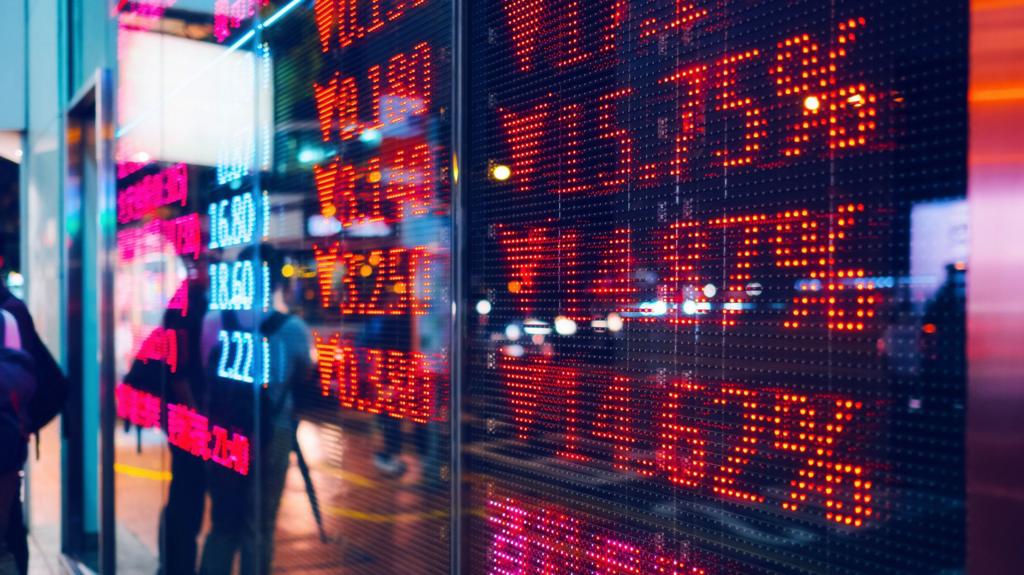In response to why Beijing is not backing down to Donald Trump on tariffs, the answer is that it doesn’t have to.
China’s leaders would say that they are not inclined to cave in to a bully – something its government has repeatedly labelled the Trump administration as – but it also has a capacity to do this way beyond any other country on Earth.
Before the tariff war kicked in, China did have a massive volume of sales to the US but, to put it into context, this only amounted to 2% of its GDP.
That said, the Communist Party would clearly prefer not to be locked in a trade war with the US at a time when it has been struggling to fix its own considerable economic headaches, after years of a real estate crisis, overblown regional debt and persistent youth unemployment.
However, despite this, the government has told its people that it is in a strong position to resist the attacks from the US.
It also knows its own tariffs are clearly going to hurt US exporters as well.
Trump has been bragging to his supporters that it would be easy to force China into submission by simply hitting the country with tariffs, but this has proven to be misleading in the extreme.
Beijing is not going to surrender.
China’s leader Xi Jinping told the visiting Spanish Prime Minister Pedro Sanchez on Friday that his country and the European Union should “jointly resist the unilateral bullying practices” of the Trump administration.
Sanchez, in turn, said that China’s trade tensions with the US should not impede its cooperation with Europe.
Their meeting took place in the Chinese capital in the hours before Beijing again increased its tariffs on goods from the US – though it has said it will not respond to further US tariff increases.
Next week Xi will visit Malaysia, Vietnam and Cambodia. These are all countries which have been hit hard by Trump’s tariffs.
His ministers have been meeting counterparts from South Africa, Saudi Arabia and India, talking up greater trade co-operation.
In addition, China and the EU are reportedly in talks about potentially removing European tariffs on Chinese cars, to be replaced by a minimum price instead, to rein in a new round of dumping.
In short, wherever you look, you can see that China has options.
And analysts have said that these mutual tariff increases by the two superpowers are now becoming almost meaningless, as they’ve already passed the point of cutting out much of the trade between them.
So, the tit-for-tat tariff increases in both directions have become more like symbolism.
China’s Foreign Ministry spokesperson Mao Ning has, over the past two days, posted images of Chairman Mao on social media, including a clip during the Korean War when he told the US that “no matter how long this war lasts we will never yield”.
Above this, she posted her own comments, saying: “We are Chinese. We are not afraid of provocations. We won’t back down.”
When the Chinese government wheels out Chairman Mao, you know they’re getting serious.
Donald Trump’s return to the White House has created flashpoints between the North American neighbours.
The green card holder was held “in direct retaliation” for his role in campus protests, says his lawyer.
“The university will not surrender its independence or relinquish its constitutional rights,” the university says.
The Ohio State Buckeyes team was invited to meet President Donald Trump to celebrate the team’s title-winning season.
Authorities are still investigating a possible motive as the suspect’s mother says he suffered from mental health issues.

